
OR
Editorial
Opportunity to reset Nepal-India ties
Published On: January 4, 2024 07:07 AM NPT By: Republica | @RepublicaNepal
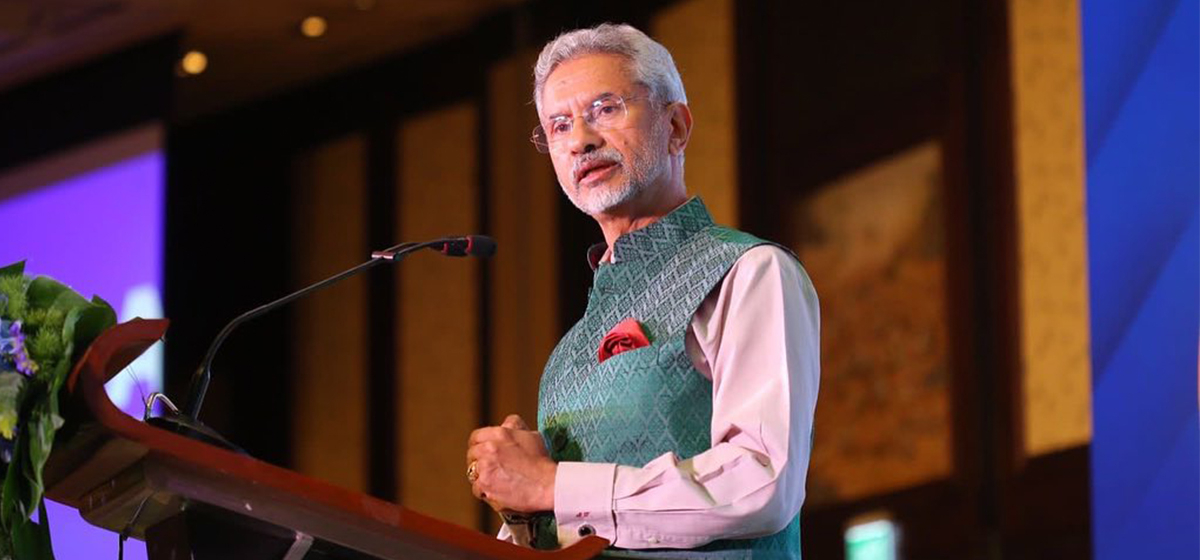
In a significant diplomatic move, Indian External Affairs Minister S. Jaishankar is set to arrive in Kathmandu on Thursday on a two-day visit to Nepal, marking the Indian government's first foreign policy engagement in 2024. The visit comes after a prolonged hiatus in bilateral discussions, with the Joint Commission meeting with his Nepali counterpart N.P. Saud, pending for several months, the last one having taken place in January 2021. This diplomatic outreach holds promise, presenting a unique opportunity to reset and strengthen the ties between the two countries. One of the key highlights of the agenda is the agreement on the modalities of purchasing 10,000 MW of hydropower from Nepal. This ambitious initiative, set to unfold over the next decade, signifies a major step towards energy collaboration, contributing to regional stability and sustainable development.
The visit of Jaishankar is not merely a ceremonial affair; it also marks the first bilateral exchange between Jaishankar and Prime Minister Pushpa Kamal Dahal. The significance lies in fostering direct communication channels, a vital aspect in international relations, and is a step towards building mutual understanding and trust. The plan to announce a long-term power agreement reflects the shared commitment to enhancing regional cooperation. The technical discussions on power exports, investments, and the groundbreaking plan to grant Nepal transmission rights for power sales to Bangladesh demonstrate the strategic move in fostering a trilateral power transaction. This move aligns with the broader vision of creating an interconnected and energy-efficient South Asian region. In this sense, the visit of Jaishankar for the JC meeting signifies a positive step, indicating a formal structure in bilateral relations. This engagement, initiated in 1991, takes on renewed importance during Dahal's tenure, underlining the commitment to diplomatic dialogue. The potential progress on the power agreement holds paramount importance for Nepal, which is aspiring to increase power exports not only to India but also to other regional partners like Bangladesh. The economic implications of such collaborations are vast, contributing to the prosperity of the entire region.
However, as the diplomatic discussions unfold, it remains to be seen whether the two sides will address the recommendations of the Eminent Persons’ Group (EPG). Formed in 2016 to study and suggest measures for updating the 1950 India-Nepal Friendship treaty, this group's report, finalized in July 2018, is yet to be presented to Prime Minister Narendra Modi. As the report hovers on the brink of being shelved, it becomes imperative for both nations to revisit these recommendations and address any lingering concerns. Another unresolved issue on the table is Nepal’s request for an additional air entry route to bring two newly-constructed international airports into operation. The request for new air routes for international flights to fly over India to access Pokhara and Gautam Buddha International Airport has yet to receive a positive response. The most important issue of all is the border disputes between Nepal and India in Kalapani, Lipulekh and Limpiyadhura. While Nepal has already issued a revised political map through parliament incorporating these territories, India has even refused to sit for talks on this matter, calling it a cartographic aggression. Nepal is also at odds with India over recruitment of Nepali youths in the Indian armed forces under the controversial Agnipath scheme. The recruitment of Nepali youths in the Gurkha regiments in the Indian army—which has now stopped– traditionally served as a vital link to bolster people-to-people relations between the two countries.
While traditional issues such as reducing trade deficit, promoting exports and curbing cross-border crimes may well feature during the JC meeting, whether Jaishankar's visit will reset the ties largely depends on the two countries making any headway in these key issues that currently serve as irritants in our bilateral relations. Against this backdrop, Jaishankar's visit to Nepal holds immense potential for resetting bilateral relations and fostering comprehensive cooperation. The proposed agreements on hydropower, discussions on critical issues like air entry route permissions, resolving row over Agnipath scheme and taking a fresh initiation to resolve the long-pending boundary dispute could present a framework to reset the ties between the two countries. As India reaffirms its commitment to the Neighbourhood First Policy, the stage is set to pave the way for a new chapter in our relations. Let’s remain hopeful.
You May Like This
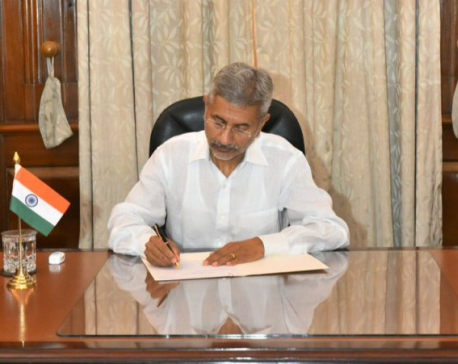
Indian External Affairs Minister Jaishankar arriving in Kathmandu today to co-chair JC meeting
KATHMANDU, Jan 4: Indian External Affairs Minister S Jaishankar is arriving in Kathmandu on Thursday as a part of his... Read More...
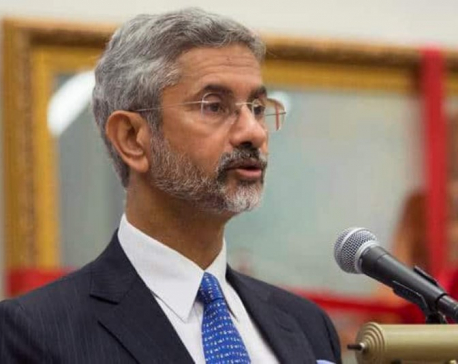
Indian External Affairs Minister Jaishankar's claim that Lord Buddha was Indian courts controversy in Nepal
KATHMANDU, Aug 9: People from various walks of life in Nepal including politicians have lambasted Indian External Affairs Minister S.... Read More...
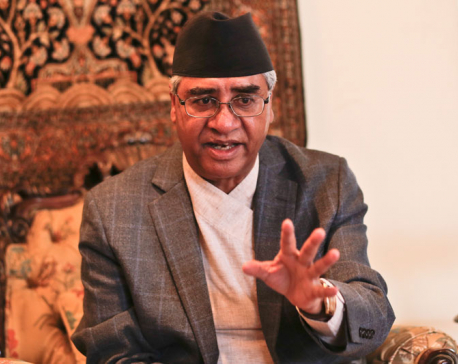
NC President Deuba congratulates India's new External Affairs Minister
KATHMANDU, June 1: Nepali Congress President Sher Bahadur Deuba congratulated newly-appointed External Affairs Minister of India Subrahmanyam Jaishankar, on Saturday. Read More...





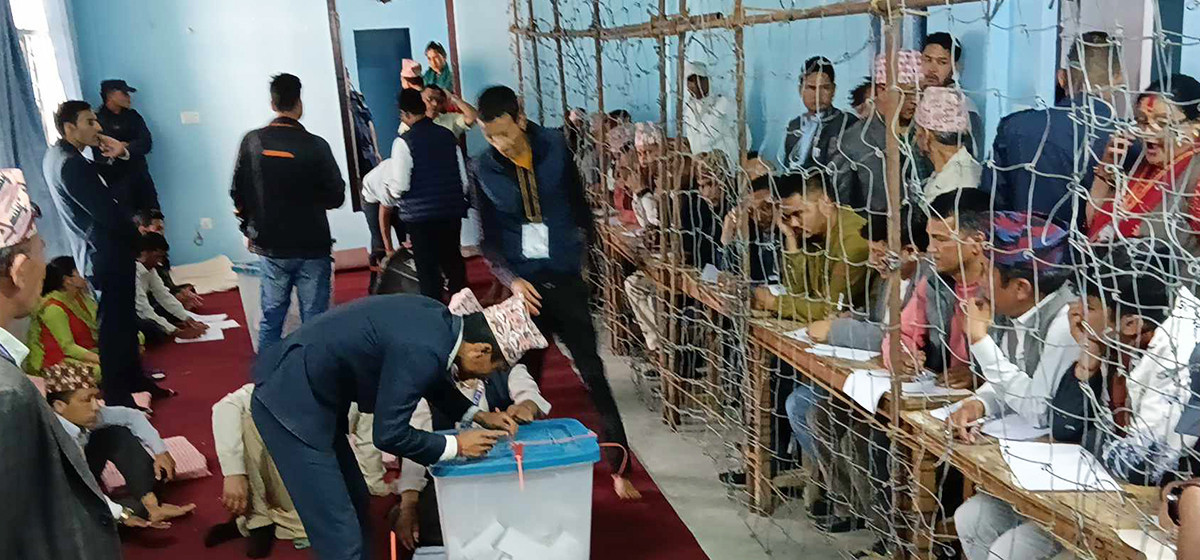
Just In
- Demystifying labeled Feminism
- Japanese Foreign Minister to visit Nepal next week
- Bajhang by-election update: NC candidate ahead by 249 votes
- Aid for war: On the United States Senate and aid package
- NEA Provincial Office initiates contract termination process with six companies
- Nepal's ready-made garment exports soar to over 9 billion rupees
- Vote count update: UML candidate continues to maintain lead in Bajhang
- Govt to provide up to Rs 500,000 for building houses affected by natural calamities








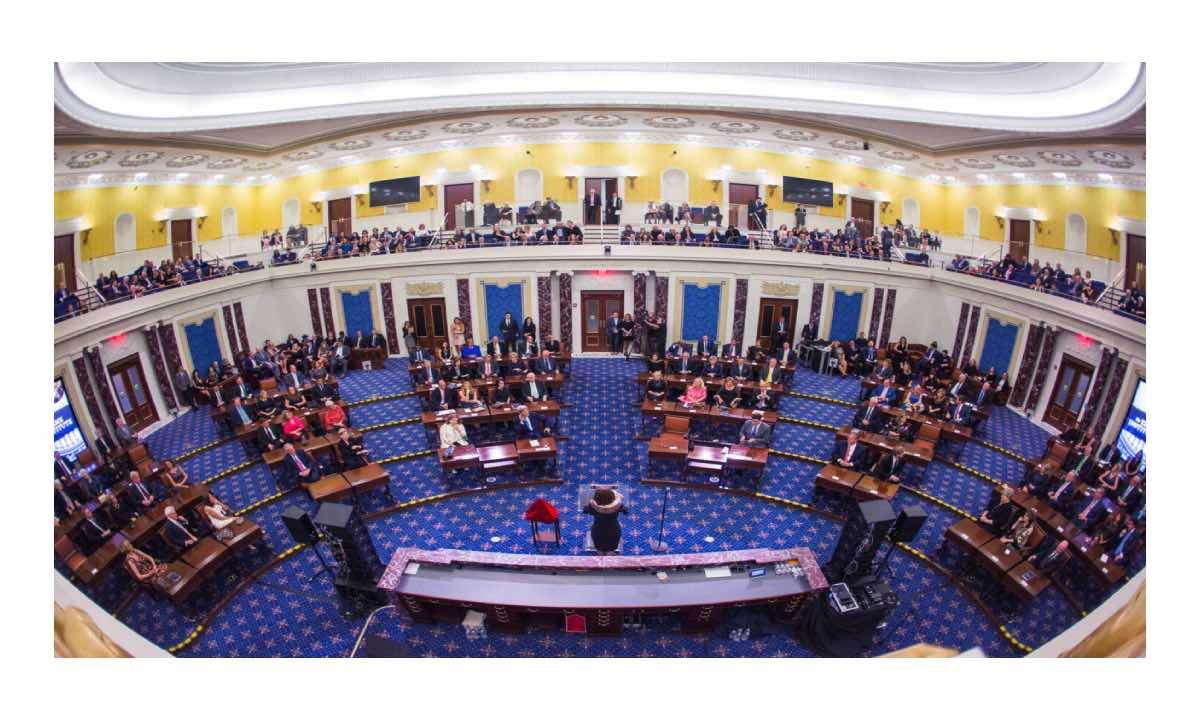
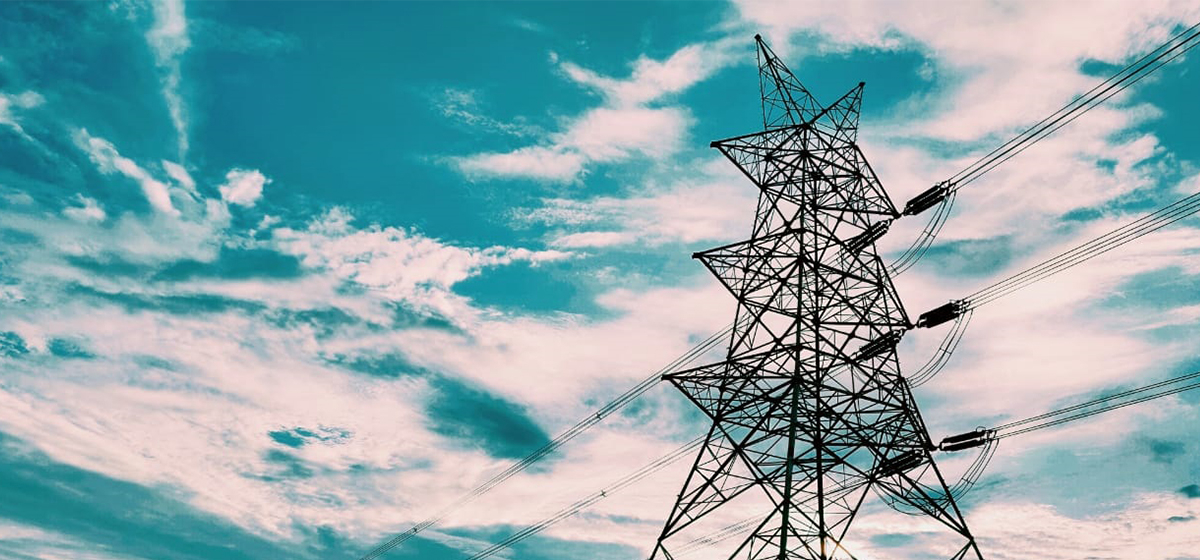


Leave A Comment